Ebrahim Raiesi made the remarks at a press conference in Tehran on Monday morning.
Explaining the most important programs of the 13th administration in the past year in a press conference, the Iranian President also answered the questions raised by Iranian and foreign reporters.
Raeisi urges solving problems by relying on domestic capabilities
At the beginning of his press conference, Raeisi appreciated Iran's medical and health sectors for sacrifices made in the fight against the covid-19 pandemic.
Pointing to his trips to different provinces across Iran, he said that Iran's13th administration managed to see and resolve the problems of the people through visiting various cities and towns.
The President also stressed that fighting against corruption is part of his administration's top agenda.
President Raeisi, elsewhere in his remarks, described domestic production as the most pivotal point, saying that relying on foreigners will solve no problem.
The problems in the country should be solved by relying on domestic capabilities not by waiting for foreign countries to change their approach, he added.
According to the Iranian President, the 13th administration managed to attract $5b foreign investment during one year in office.
Iran determined to broaden coop. with China in various fields
Raeisi reiterated the importance of Iran's presence in the Shanghai Cooperation Organization (SCO). “Our presence in the SCO and cooperation with its member states are of great importance. It connects us to the economic infrastructure of Asia. It is very important for our country to have its own share of trade and economy in the region.”
"Iran has had many cooperations with China and we are determined to improve it," he said, adding that Iran is determined to develop its relationship with China, especially in commercial and economic fields.
Referring to the 25-year comprehensive cooperation agreement between the two nations, Raieis said that Iran is determined to implement the deal besides the partnership treaties that it has already signed with China.
Nuclear weapons have no place in Iran's nuclear doctrine
Raeisi strongly dismissed the Zionist threats against the Islamic Republic of Iran, emphasizing that nobody can deprive Iranians of their inalienable right to access peaceful nuclear technology.
“Their threats will not go anywhere. The assassination of nuclear scientists was aimed at stopping this trend. A lot of sabotage acts were carried out in order to stop us, but we didn’t stop. They cannot stop us to assert this definite right,” he added.
Iran has stated times and again that nuclear weapons have no place in its nuclear doctrine. The Leader of the Islamic Revolution has frequently announced that the acquisition of such armament is religiously forbidden, the President said.
Raeisi added that the Islamic Republic of Iran has made great progress in various sectors of the nuclear industry, namely in the oil and energy fields, and the achievements were recently put on display during an exhibition.
Zionist regime can't even protect itself against Palestinian stone-throwing
“The Zionists need to take a look around. Can they ensure their security? The people of Gaza, although under siege, can defend themselves. But can they defend themselves against Gaza people?” he said, adding that the Zionist regime is impotence in protecting itself against Palestinian people’s stone-throwing, let alone their precision strike missiles.
“If the Zionists could stand up against Palestinian groups, why did they cowardly assassinate General Qassem Soleimani then?” the President noted.
He also underlined that the Zionist regime's officials would not find any opportunity to take an action against Iran.
Without settling safeguard issue, agreement makes no sense
Elsewhere in his remarks, Raeisi said reaching an agreement on the revival of Iran's nuclear deal, officially known as the Joint Comprehensive Plan of Action (JCPOA) depends on the settlement of safeguards issues between Iran and the International Atomic Energy Agency (IAEA).
Without settling those issues, reaching an agreement makes no sense, the Iranian President said.
Some sanctions aimed to restrain Iran failed due to resistance
He also pointed to the US' illegal and brutal sanctions imposed on the country, saying that the Iranian negotiating team will not leave the negotiating table in the [Vienna] talks.
According to Raeisi, the issue of the neutralization of sanctions is being followed up on and a headquarters under the management of the First Vice President has been set up for that purpose. "We are pursuing the removal of sanctions through the Foreign Ministry and negotiations.”
President Raeisi also said many of the sanctions that were aimed to restrain Iran have failed due to the country’s resistance.
The level of Iran's interactions with regional countries has increased up to 5 times, said Raeisi, adding, "The oil exports are in a state where we feel we should do our best and continue to export oil and non-oil commodities.”
Meeting with Biden futile and useless
Answering a question about whether he is willing to meet with US President Joe Biden during his trip to New York, he said that there would be no benefit in meeting with his US counterpart on the sidelines of the forthcoming 77th session of the UN General Assembly in New York.
“Earlier, I stated and declare it once again that there will be no benefit for Iran and the Iranian nation in such a meeting with him,” Raeisi said.
Tehran, Moscow enjoy strategic cooperation
Raeisi also said that Tehran and Moscow enjoy strategic cooperation in various areas. "Our cooperation with Russia is strategic and is defined in economic, commercial, energy, air and space fields, and many other issues. Some meetings have been held in Tehran and Moscow with the presence of officials [of the two countries] in order to continue cooperation and remove obstacles. The issue of the North-South Corridor is on the agenda."
The Iranian President said that there is a comprehensive plan for cooperation between Iran and Russia and documents have been exchanged.
According to Raeisi, the two sides started joint work in the development of energy fields.
Iran pursuing policy of good neighborliness
Answering a question about Iran's foreign policy regarding the Persian Gulf states, he said, “Iran has been pursuing the policy of good neighborliness… Foreign presence in the region creates problems, and does not provide security for regional states."
Raeisi also noted that negotiations between Iran and Saudi Arabia are ongoing in Baghdad in order to resolve differences between the two countries and restore diplomatic relations.
Referring to Iran-Turkey relations, President Raeisi said that Tehran and Ankara enjoy good bilateral ties and closely cooperate with each other concerning regional issues and developments.
According to the Iranian President, Turkish President Recep Tayyip Erdogan has promised to pursue joint water diplomacy with neighbors.
MNA/5575754


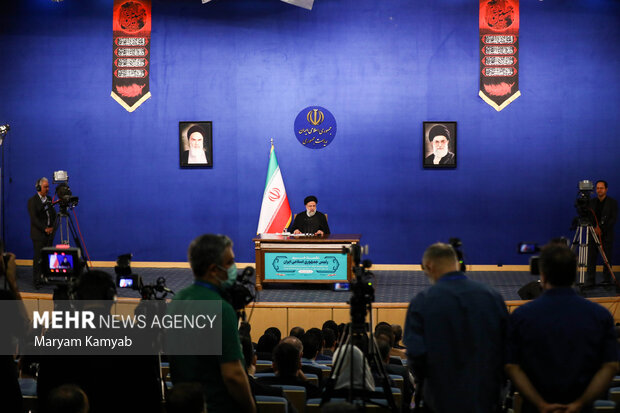
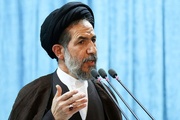

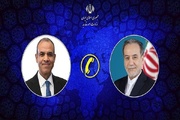
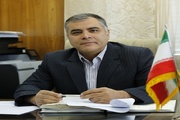
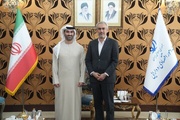
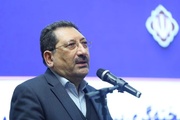
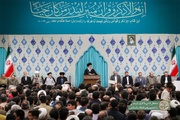
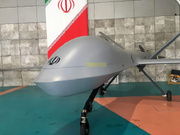
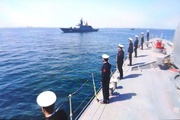
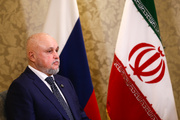









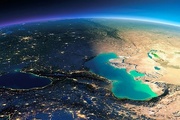

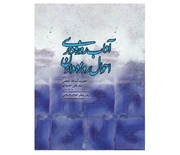

Your Comment